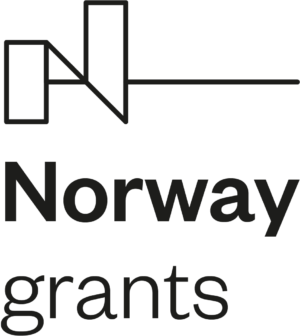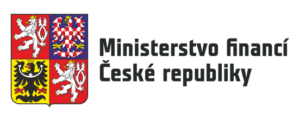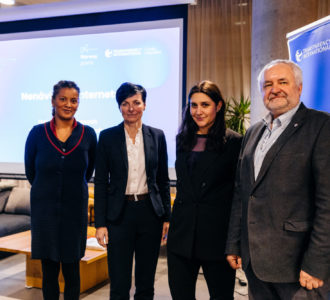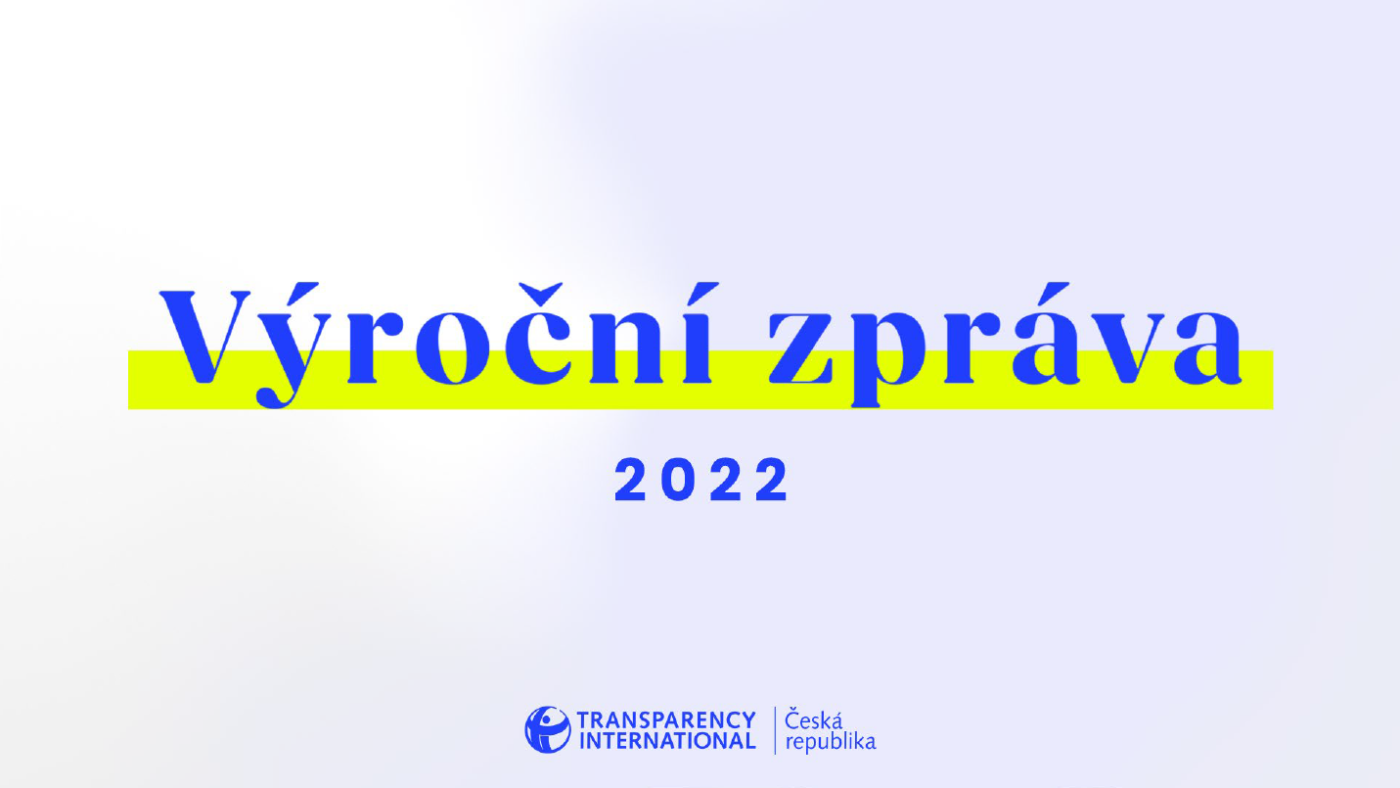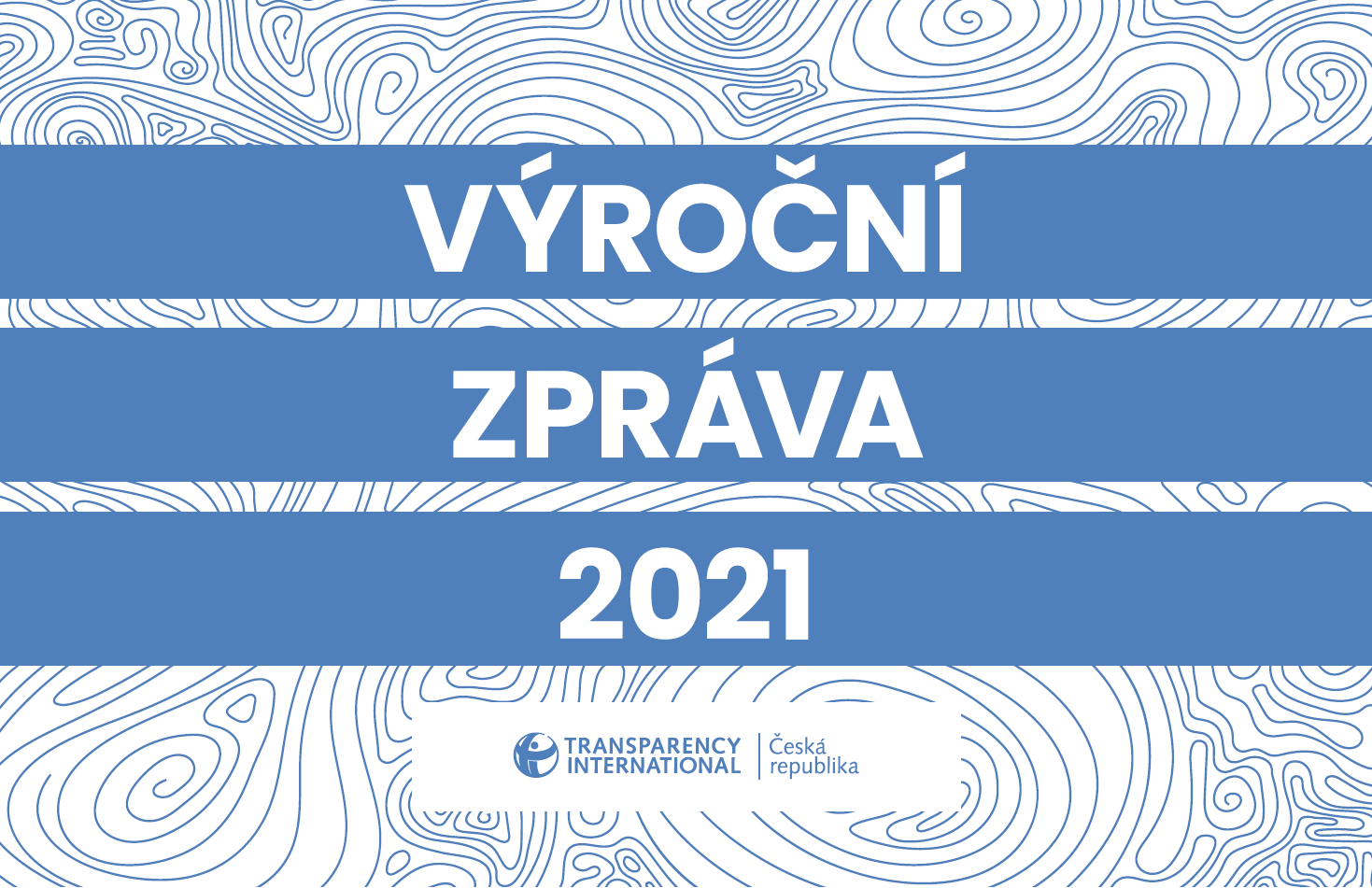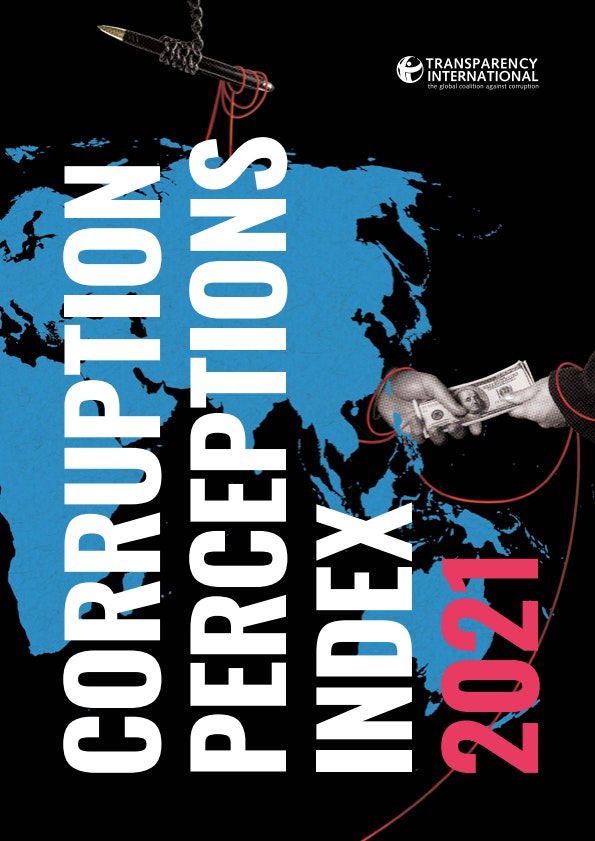Digitální doba a hrozby pro lidská práva
Proč se věnujeme tomuto projektu
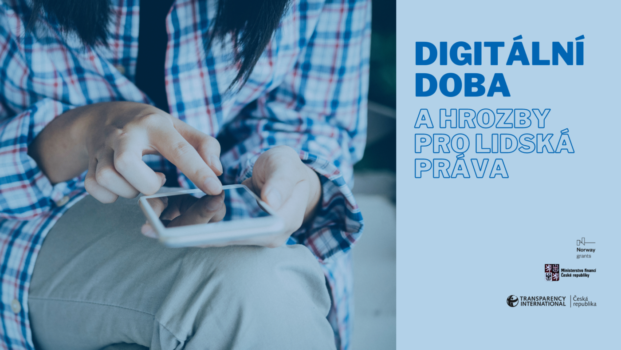
Nové technologie a přístupy ke komunikaci přináší i riziko porušování lidských práv způsoby, které nemusí být snadno odhalitelné a není tak jednoduché je sankcionovat jako jejich porušování v offline světě.
Oblast lidských práv historicky čelí neustálému vývoji společnosti, hodnot a životního stylu. 20. století bylo důkazem těchto změn, které v posledních dekádách spíše ještě zrychlují, lidská práva, jejich podoba a hranice tak čelí stále novým výzvám, novým druhům hrozeb a možností, jak práva lze porušit. V současném světě se značná část životů lidí odehrává v online prostředí za využití digitálních nástrojů komunikace, toto prostředí však vedle usnadnění mnoha aspektů života přináší i nová rizika, která mohou narušovat integritu lidských práv jednotlivců.
Avšak možnosti odhalení a postižení takového jednání oproti „offline světu“ zatím často zdaleka nejsou stejné – samotné naše pochopení problémů, legislativa i státní instituce mnoha zemí, včetně České republiky, na tuto reflexi často ještě nejsou připraveny. V současné době je totiž stále pro mnoho lidí i institucí, které mají agendu lidských práv a boje proti diskriminaci na starost, těžko představitelné dávat na stejnou úroveň nenávistné jednání v „offline“ světě jako v online prostředí a vnímat ho se stejnou vážností.
Je tedy třeba reagovat na tuto urgentní výzvu – analyzovat online prostředí setkávání lidí, abychom zjistili, jakým způsobem v něm dochází k porušování lidských práv, zda toto prostředí sleduje trendy v diskriminaci určitých ohrožených skupin, které známe ve fyzickém světě, a jaké nástroje může společnost začít využívat, aby mohla lidská práva efektivně chránit.
Why we pursue this project
New technologies and means of communication also bring a risk of breaching the human rights in ways, that might not be so simple to expose and is not easy to sanction like their breaching in the offline world.
The field of human rights is historically under pressure of the constant evolution of the society, values and lifestyle. The 20th century was a proof of these changes, which have been rather accelerating during the last decades, human rights, their form and boundaries face new challenges, new kinds of threats and ways to breach them all the time. In today’s world, a big part of people’s live is taking place in online environment using digital tools of communication, but besides making a lot of life aspects easier, there also bring new dangers, that can violate the integrity of the individual human rights.
But the chances of uncovering and sanctioning such actions unlike the „offline world“ are often still very different – our perception of the problems itself, legislation and national institution of number of countries, including the Czech Republic, are often not yet ready for such a reflection. In this time, for many people and institutions, which have the human rights and fight against discrimination on their agenda, it’s still very difficult to imagine putting the hate crime in „offline“ and „online“ world on the same level and treating it with the same importance.
Thus it is necessary to respond to this urgent challenge – analyze the online environment, where people meet, so we can find out in which ways the violation of human rights happens in there, if this environment follows the trends in discrimination of certain vulnerable groups, that we know from the physical world, and what tools can the society start using, so it might protect human rights effectively.
Co konkrétně děláme
Projekt tak vychází z této výzvy a hodlá na ni odpovědět aktivitami, které odkryjí dění v prostředí sociálních sítí. K tomu využívá odbornost a zkušenosti TI v oblasti sémantické, algoritmické a finanční analýzy online sociálních sítí pro identifikaci jednání a způsobů komunikace v digitálním světě, které odhalují porušování lidských práv, a to především u zranitelných sociálních skupin, jako jsou etnické menšiny a ženy.
Cílem je zjišťovat, zda jsou tyto skupiny vystaveny manipulativnímu a diskriminujícímu jednání v online prostředí podobně, jako jsou mu vystaveny v běžném světě, a odhalit, do jaké míry jsou např. etnické či genderové stereotypy využívány při přesvědčovacích, manipulativních strategiích na sociálních sítích, např. v politickém mikrotargetingu (zacílení příspěvků „na míru“ určité sociální skupině) při předvolebních kampaních či předsudečnému násilí z nenávisti.
Aktivity projektu, které nám pomohou dosáhnout tohoto cíle, spočívají především ve výzkumné činnosti a analýze dat ze sociálních sítí, jejichž výsledky budou shrnovat dvě studie, aplikaci těchto poznatků do praktické roviny ve formě školení pro veřejnou správu či vzdělávacího obsahu pro studenty i osvětovou činnost o tomto tématu pro veřejnost a státní instituce.
Důležitou součástí projektu je pak i partnerství s dalšími organizacemi, které přinášejí svou odbornost a vhled do jednotlivých aspektů problematiky, ať už z technického nebo obsahově-společenského hlediska. V ČR jsou jimi Fórum 50 %, Masarykův ústav vyšších studií ČVUT v Praze a Multikulturní centru Praha, v Norsku je partnerem organizace Åpenhet.
What do we do
Project is then based on this challenge and wants to address it with activities, which will uncover the affairs in the environment of social media. For that, it draws from the expertise and experience of TI CR in the fields of semantic, algorhythmic and financial analysis of online social media to identify actions and means of communication in the digital world, which expose the breaching of human rights, especially of vulnerable social groups like ethnic minorities and women.
It’s goal is to investigate, whether are these groups exposed to manipulative and discriminating actions in online environment in a similar way they are exposed to it in a common world and uncover to which extent are for example ethnic or gender stereotypes used in persuasive, manipulative strategies on online social media, for example in case of the activities of political micro-targeting (targeting of the post „customized“ for a particular social group) during the preelection campaigns or in cases of the prejudice-based hate crimes.
Activities of the project, which will help us achieve this goal, are mostly that of research and analysis of the data from the social media, the results of which will be summarized in 2 studies, and the application of these findings to a more practical formo fa training for public administration and educational content for university students as well as awareness raising of the general public and state institutions on this topic.
An important part of the project is also the partnership with several organizations, that bring their expertise and insight to particular aspects of the main problém, whether it is from a technical point of view or a more content and social-science based one. In Czech Republic, the partners are Forum 50 %, Masaryk institute of advanced studies of the Czech Technical University in Prague and Multicultural centre Prague, in Norway, the partner is the organization Åpenhet.
Jaké máme výsledky
Prvním výstupem projektu je metodika, která vznikla v jeho první fázi díky odborné konkretizaci cílů projektu a pro následné výzkumné aktivity poskytuje metody a postupy, podle nichž budou probíhat.
The very first outcome of our project is the methodology, which we put together in the beginning of the project. We came up with specific goals and defined procedures which will be used later for research purposes and activities.
Ke stažení/Download: METODIKA_Ukoly_procedury_postupy
Donoři
Období realizace: 1. 1. 2022 – 30. 4. 2024
Projekt je realizován díky grantu z Norských fondů 2014-2021 a od Ministerstva financí ČR.
Period of implementation: 1.1.2022 – 30.4.2024
The project is implemented thanks to financial support from the Norway Grants 2014-2021.
